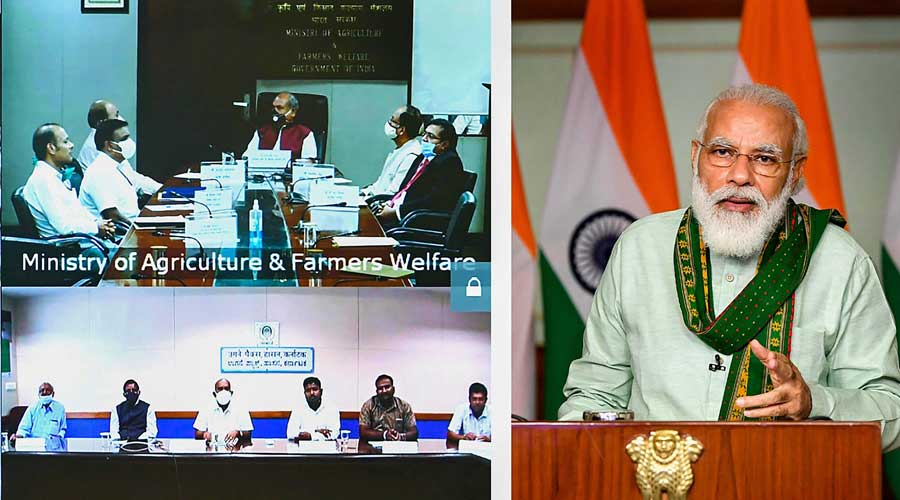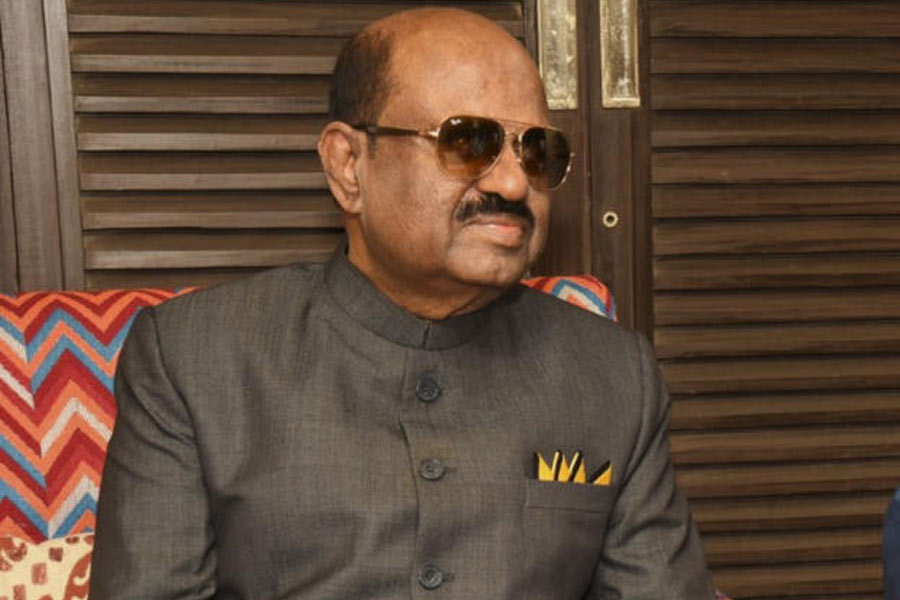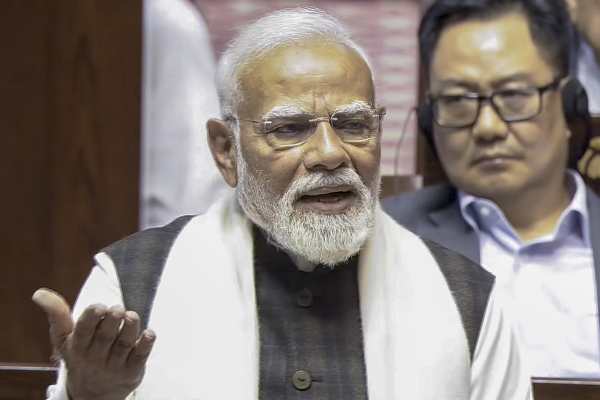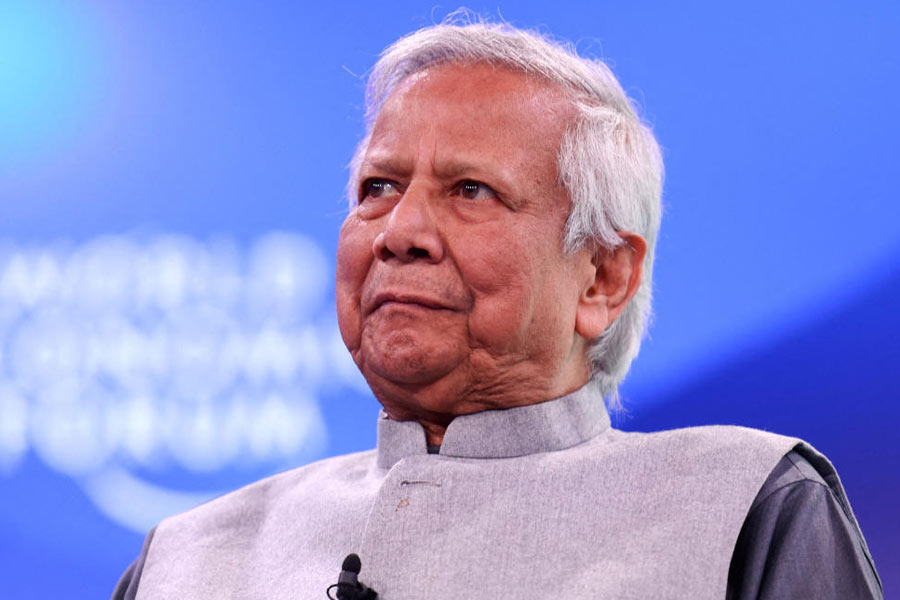Prime Minister Narendra Modi on Sunday officially launched a Rs 1-lakh-crore agriculture infrastructure fund but failed to mention in his Hindi address that only Rs 10,000 crore would be released this year — and that won’t come out of the government’s coffers.
The funds will be used to provide loans to create community farming assets and post-harvest farm infrastructure, including cold-storage chains, in the villages.
The creation of the fund was first announced as part of the Rs 20-lakh-crore Atmanirbhar Bharat package unveiled in May. It has taken close to three months to wrap up the funding details.
“The duration of the scheme shall be from (financial year) FY2020 to FY2029 (10 years),” the English translation said. The corresponding sentence in the Hindi version did not mention the duration.
The break-up provided by officials later did not square with the 10-year schedule, underscoring the lack of clarity that has dogged the scheme from its inception.
Officials said the loans would be disbursed for four years starting with a sanction of Rs 10,000 crore in the current year and Rs 30,000 crore each in the next three financial years. The end of the fourth financial year from now will coincide with the next general election in 2024.
The loans will be provided to primary agri-credit societies, farmer groups, farmer producer organisations, agri-entrepreneurs, start-ups and agri-tech players — a broad mix of beneficiaries — at a time the government has already articulated its resolve to open up the farming sector to commercial interests.
The funds will be provided as loans by banks and financial institutions. The government will provide budgetary support in the form of an interest subvention of 3 per cent on the loans and a credit guarantee fee.
“All loans under this financing facility will carry an interest subvention of 3 per cent per annum up to a limit of Rs 2 crore. This subvention will be available for a maximum period of seven years. In the case of loans beyond Rs 2 crore, the interest subvention will be limited up to Rs 2 crore,” an official said.
There will be no financial outgo in the current fiscal as the moratorium for repayment under this financing facility may vary subject to a minimum of six months and a maximum of two years.
The credit guarantee will be provided under the Credit Guarantee Trust for Micro and Small Enterprises (CGTMSE), which was recently launched by the ministry of micro, small and medium enterprises along with the Small Industries Development Bank of India. Under the scheme, loans of up to Rs 2 crore are covered by the credit guarantee.
In the case of farmer producer organisations, the credit guarantee may be availed from a special facility created within the Department of Agriculture, Cooperation and Farmers Welfare (DACFW).
The government is looking to leverage the strength of the entire banking sector to backstop the facility.
Officials said all scheduled commercial banks, scheduled cooperative banks, regional rural banks (RRBs), small finance banks, non-banking financial companies (NBFCs) and the National Cooperative Development Corporation (NCDC) may provide the financing facility after signing a memorandum of understanding (MoU) with the National Bank for Agriculture and Rural Development (Nabard) or the DACFW.
The trade-off is that these institutions will get refinance support from Nabard -- perpetuating a circularity of funding at a time when excess liquidity is sloshing around in the financial system, with the banks preferring to park money in low-yielding government bonds rather than lend it out and risk inflating their stock of bad loans.
The credit guarantee is just the sort of support the banks have been insisting on before they work up their confidence to lend at all.
Agriculture expert Devinder Sharma said: “The government needs to put money in the pockets of farmers, especially at a time when economic growth is critically dependent on expansion of agricultural output. Though there is a lack of farm infrastructure in the country, the fund is unlikely to spur agri-growth or meet the immediate needs of the farm sector.”
Funds transfer
The Prime Minister transferred Rs 17,000 crore directly into the bank accounts of 8.5 crore farmers under the PM Kisan scheme.
With the latest transfer, the scheme has provided over Rs 90,000 crore to more than 10 crore farmers since its launch in December 2018, an official statement said.










